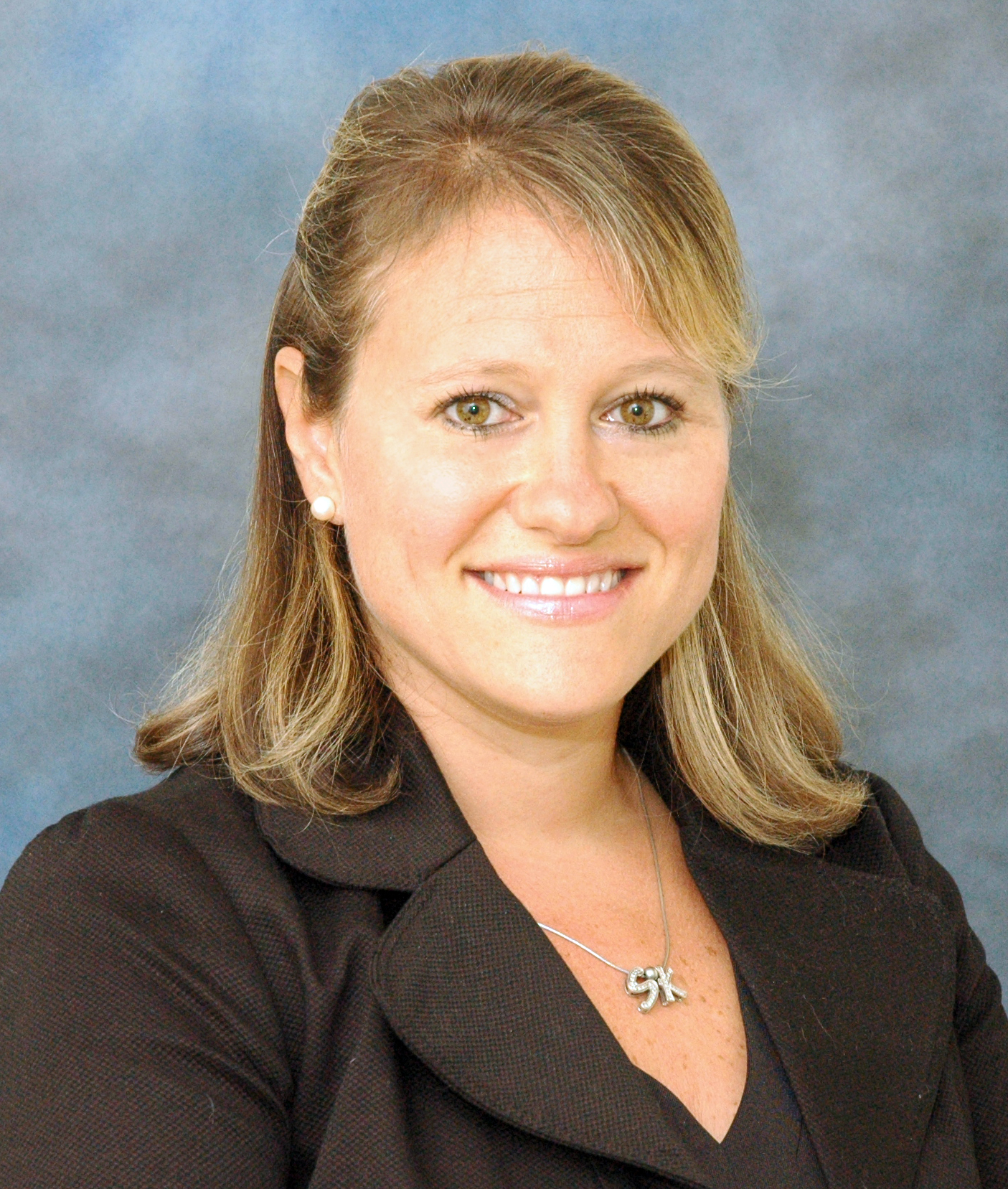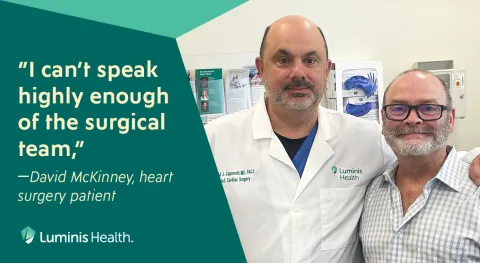
I vividly remember the day Kathy Brown, my mother in-law and a dedicated teacher, was diagnosed with amyloidosis. It’s a rare disease that causes proteins usually produced in your bone marrow to build up in your organs. At the time, I was a cardiology fellow at the University of Maryland. I understood the severity of the diagnosis. Less than a month later, the disease had taken over Kathy’s heart and she was in heart failure.
Her advanced heart failure team breathed hope into a hopeless situation. Doctors put Kathy on the transplant list and she received a new heart within two months. I was in awe that a team of doctors, my mentors and teachers, could give someone a second chance at life.
The doctors were instrumental in my training. But Kathy, true to her calling, also taught me important lessons. The doctors showed me how to treat heart failure. Kathy taught me how to care for heart failure patients. It was then that I chose to further my training in advanced heart failure.
Heart failure occurs when your heart muscle doesn’t pump blood as well as it should, leaving your heart too weak or too stiff to pump efficiently. Nationally, it’s the number one reason people are admitted to the hospital. It’s also the number one reason why people return to the hospital within 30 days of leaving.
- Shortness of breath
- Swelling in your legs, ankles, feet or stomach
- Fatigue
- Rapid or irregular heartbeat
- Sudden weight gain from fluid retention
You can help prevent heart failure by managing the conditions that cause it. These include high blood pressure, coronary artery disease, diabetes, obstructive sleep apnea and obesity. But not all conditions, like the one Kathy suffered from, can be prevented. Medical treatments and lifestyle changes can improve the symptoms of heart failure and increase quality of life. If you’re living with heart failure, your doctor may recommend a plan that includes:
- Losing weight
- Reducing and monitoring salt in your diet
- Exercising regularly
- Managing stress
- Limiting your daily fluid intake to 2 liters per day
What is most important for patients with heart failure is a close relationship with your cardiologist. These patients require frequent office visits and medication adjustments in order to avoid hospitalization.
Kathy’s experience taught me the importance of easy access to care. Kathy had to drive more than one hour every other week to see her heart failure specialist, which was difficult. Having a heart failure doctor close to her home in Annapolis would have made her life much easier. It was then that my professional vision became clear. I wanted to be the heart failure specialist in Annapolis.
Doctors are constantly thinking about how we can improve the lives of heart failure patients. Although Kathy passed away due to complications from her disease, I carry with me the lessons I learned from her to improve the lives of patients with heart failure in this community.
Originally published March 1, 2016. Last updated Feb. 24, 2020.




